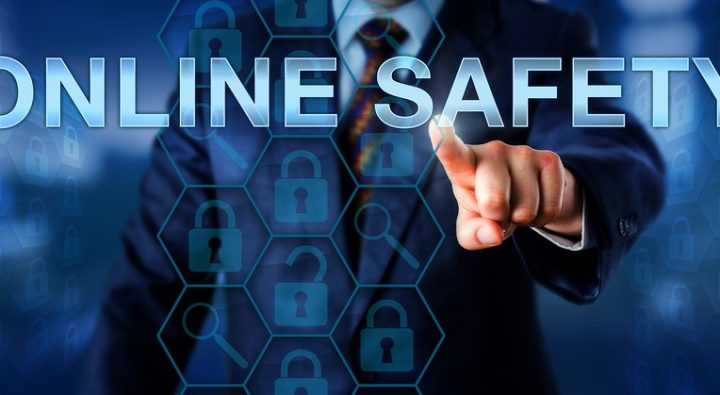Hoboken, New Jersey - (Vocus) March, 2014 –Online safety habits and behaviors are just as important as personal health habits according to a new article (Safety is an Active Verb) from eMazzanti Technologies, a Hoboken, New Jersey-based IT support expert. The article provides information about how to better protect computers and online experiences. For example, users can reduce spam by only sharing email addresses and their instant messaging name only with personal acquaintances or with respectable organizations. The article also reports on Microsoft’s latest Computing Safety Index (MCSI) findings that track safe computing habits.
“We don’t always take the preventative measures we should with our personal information when we go online,” said Jennifer Mazzanti, president, eMazzanti Technologies. “There are data health-habits worth developing.”
The full articles can be found here:
Computing Safety Index Examines Online Habits
Microsoft recently released the US results of the third Microsoft Computing Safety Index (MCSI). The Index is designed to gauge consumer online safety habits and behaviors and reveals that the US score has decreased year-after-year since it was first launched in 2011.
The Index establishes that safer computing is built on three levels: Foundational, Technical and Behavioral.
Foundational is defined as settings, and characteristics of a users’ computing environment that keep them safe.
Technical is defined as tools users can leverage to help keep them safe online.
So why has the Index dropped? The data reveals that while people are not necessarily engaging in risky behaviors, they miss active steps to thwart socially-engineered risks. For example; in 2011, 60 percent of respondents reported using only reputable sites compared to 39 percent in 2013. In addition, less than half of US respondents are still not taking actions such as limiting the amount of personal information they share online, dropping from 48 percent in 2011, to 40 percent in 2013. Nor are they using phishing filters to help stay safer, 30 percent in 2011 compared to only 18 percent in 2013. On average, US respondents are using less than one quarter of the 12 technical tools available for managing online safety.
The good news: default settings are keeping consumers safer than they realize. While US respondents report using only half of the foundational settings (automatic updates, antivirus software, firewall protections, secured wireless, up-to-date software), after checking, most actually are better protected than they thought (almost four out of five).
Broken out into three tiers of activity – “Foundational,” “Technical+,” and “Behavioral” – the Index assigns a point scale of 0 to 100 based on an individual’s answers. The more steps taken in any given tier, the higher the score.
The article goes on to explain the scores and how to better protect a computer and online accounts.
Related posts:
- Online Safety for Kids
- Securing Your Smartphone or PDA
- eMazzanti Technologies and WatchGuard “Ace” Safety, Speed and Cost Test with School District
- EMAZZANTI TECHNOLOGIES & WATCHGUARD “ACE” SAFETY, SPEED, AND COST TEST WITH SCHOOL DISTRICT
About eMazzanti Technologies
eMazzanti Technologies’ team of trained, certified experts provide 24×7 outsourced IT support to help ensure business productivity, address challenges of growth, cloud computing, mobility, critical business continuity and disaster recovery demands. The consultancy has special expertise in manufacturing, distribution, retail and PCI compliance, financial, architectural, engineering, construction, government, educational, legal services, accounting, marketing communications, and healthcare market segments, while maintaining high customer satisfaction levels. Flexible support plans range from fixed-fee, around-the-clock network management where eMazzanti functions as an extension of a businesses’ IT staff, to a custom-solution provided on an as-needed basis. eMazzanti serves the Hoboken, NJ and NYC area markets as well as regional, national and international business support requirements. The IT firm is Microsoft’s 2012 Partner of the Year and on-going Gold Partner, Microsoft Northeast Region Partner of the Year, a four-time recipient of WatchGuard’s Partner of the Year and has achieved the Inc. 5000 list for the fourth year in a row. Download the free article: How to Select an IT Provider. More than 400 companies trust their IT support needs to eMazzanti Technologies. For more information contact: Carl Mazzanti 201-360-4400 or emazzanti.net. Twitter: @emazzanti , Facebook: Facebook.com/emazzantitechnologies.







